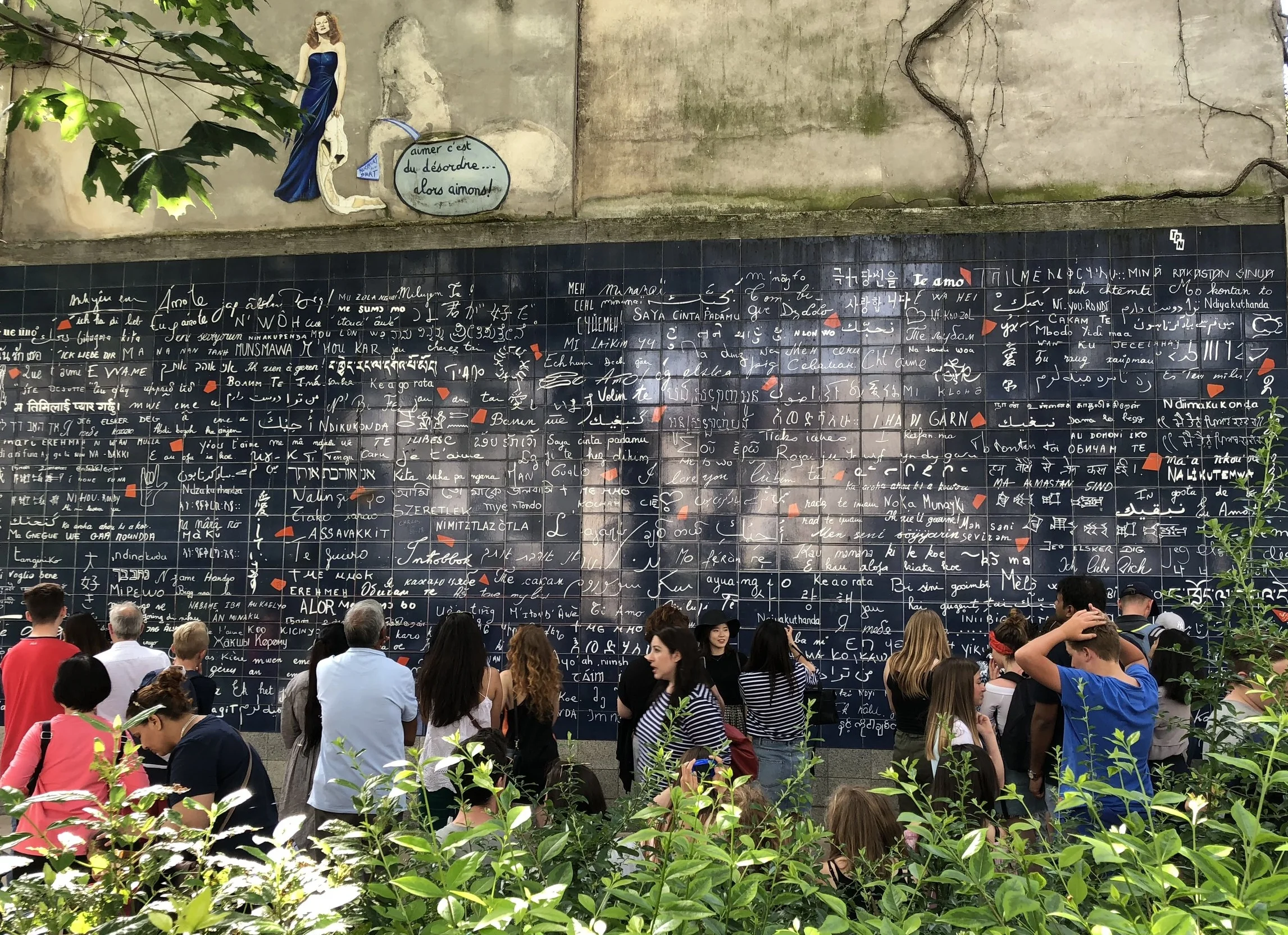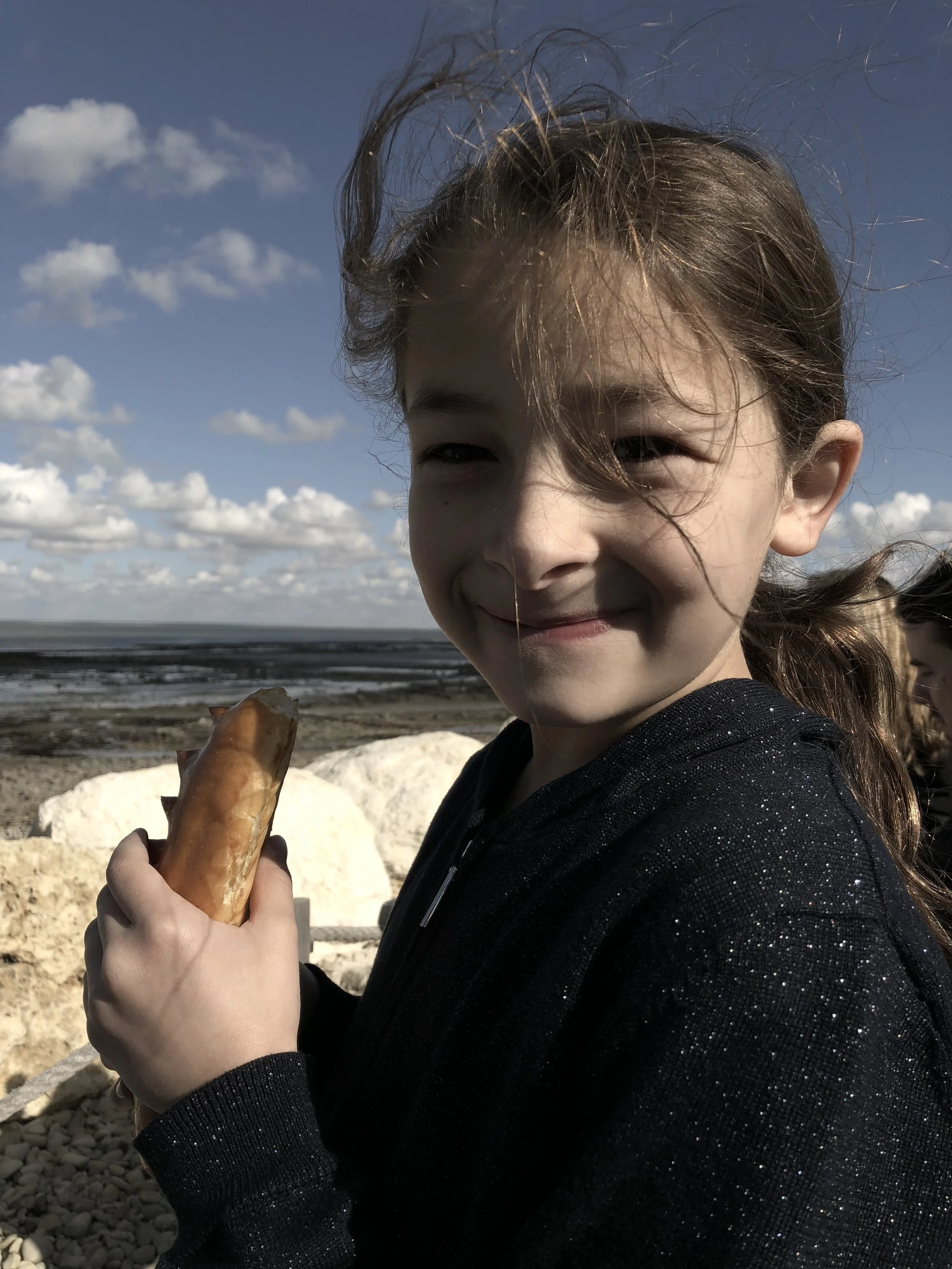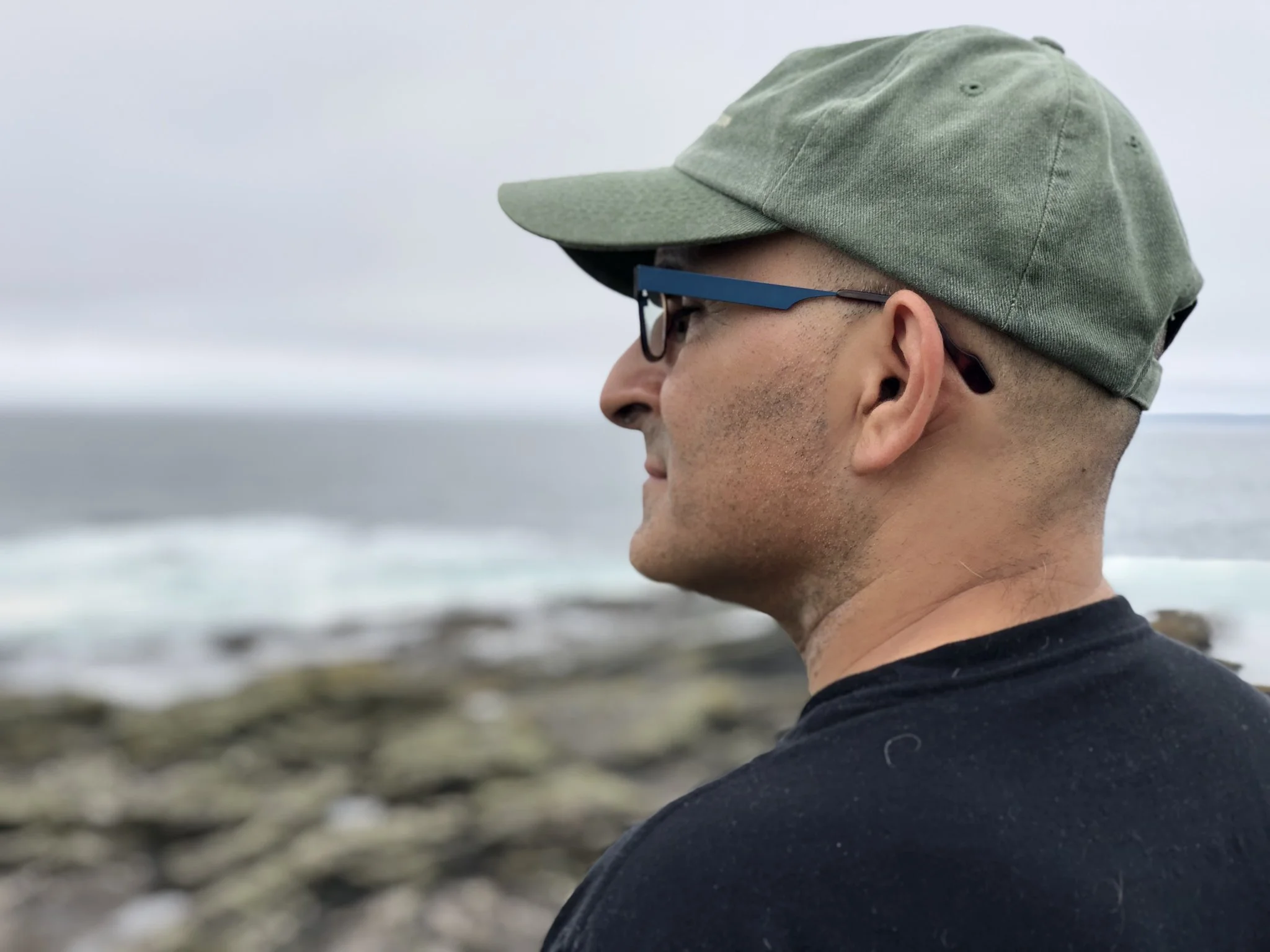French Bureaucracy Part 2: With a little help from my friends
May arrived and no word. Now I was really worried. I contacted my immigration expert, Moira, in Paris and she went to work. She has been dealing with the French system for almost 40 years and is truly an expert at navigating it. After a few emails, she wrote me back and said the person who was handling my file had quit her job and nothing had been done with my file. We had a 40-minute phone call and we strategized: Moira would email and call the person’s boss, as well as the Director of medical affairs at the hospital and see if they would move my file forward.
What followed was a fascinating period of behaviour I only understood much later after we arrived in Paris. Moira, through read receipts and other technical tricks, could see that the administrative folks had read her emails, but they would not reply to her. She would leave phone messages and the same silence. I would send emails and the same “non-response”.
Friends in Calgary started giving me names of honorary consuls, or French business people they knew. My French teachers offered to call and file complaints on my behalf. One of my French teachers told me “In France nothing happens until you show up in their office and demand action. To them, a Canadian half a world away doesn’t exist.”
So, at the end of May, after a long call with Moira, Drina and I decided that we would focus our remaining time and energy on preparing for departure from Calgary. It was too late for me to get a visa, and I would not pursue things on the professional front until after we arrived.
I would arrive at the airport without a formal visa of any sort and tell the airport agent that I was coming as the spouse of a European citizen. When Drina started the long process of getting Irish citizenship for herself and the kids, we thought it was a good idea that would save us the paperwork of getting visas for her and the girls. It turns out, without it, the whole sabbatical could have fallen apart. It had become the entire foundation of our year away.
We arrived in Paris Charles-de-Gaulle airport on July 7th and I was amazed at how easy the customs and immigration process was. Two sentences in French to the agent, he stamped my passport, merely looked at the Irish ones, and we were in.
Less than a week later, I met Moira at the “sub-prefecture” (the part of French police system that deals with immigration matters) for residents of our arrondissement. This was the “pre-appointment” to make sure I had a legitimate claim to ask for a “carte de séjour” which is like a permanent resident card. Between Moira and myself, we had every document conceivable in original Farsi or English and certified French translations. I had photos that were taken at the booths at Paris metro stations, which seem to be the only type they will accept. We waited for three hours and they finally looked at everything, said it was all in order, and said I would have to wait until November 14th for my main appointment at the central prefecture. Moira tried every trick in the book to get an earlier appointment, but no luck.
Effectively this meant I could come and go for 90 days (Canadians are allowed to be in the European Union for 90 out of each 180 days without a visa) and after that, I would have to stay in France until I got my carte de séjour. There are far worse places in which one can be “trapped” than Paris and France. Drina and I finally felt optimistic about the immigration issue.
It was now once again time to figure out work. I assumed that summers in the French medical system must be like back home - busy days with fewer staff around. I hoped Laurent would be in Paris. I sent him an email and we planned to meet in late July. He was the only senior person around in July, and he met me one afternoon after having been in the hospital for 72 hours straight!!!
We chatted about where things were at and, like every other time, he decided he needed to intervene on my behalf. He wrote an email to the people who had declined to reply to Moira or myself, and included a number of very senior people on the email. He also called one or two people who are very senior in the world of Paris hospital administration and essentially said, “We have thus far followed protocol and done everything asked of us and with good will. This guy is here in Paris with his family and nobody on our end seems to be doing anything. Can we please sort this out?”
What followed was incredible. Just as my French teacher had said, being present in Paris, and I am sure having their superiors involved by Laurent, made people spring into action. Within 24 hours, I had emails from the international affairs people who had ignored Moira and myself before. I made an appointment to go see one of them and we started the process of getting a trilateral agreement in place. We needed more documents (of course!) and I knew Laurent was going on vacation soon. Laurent and Richard were both on vacation with their families but they made sure that all the additional documents and signatures were available within hours of the request. I will forever be grateful to Laurent and Richard for sacrificing vacation time to help me, and my dear friend David in Calgary who coordinated it all with Richard’s office so I could get documents that the French would accept, stamped just so and with logos in the correct corners. The French, you see, are very particular about signatures, stamps, and logos on documents.
So, right before Drina and the kids and I headed to Ireland, I submitted everything they needed. We were in Ireland when I got an email that indicated I finally had approval to start work from all layers of French administration. That was assuming I could get a visa. I knew this was going to be a problem as getting a visa meant I would have to leave France and be away for up to 6 weeks!
Once again, I wrote Moira and asked for her opinion. With Moira’s expert advice, I went back to medical affairs at the hospital on August 22nd. I met the Director I had met in October. She started by pulling out a list of documents I needed to provide. I was no longer a rookie and already had many battle scars. My French was also a bit better. Armed with Moira’s advice, I calmly and politely pointed out that I had already provided all of the documents on that list 3 times. She then said I needed a French social security number, work permit, and visa. It was now or never. I took the big leap of faith. I calmly pulled out copies of web-pages from various French Ministries and I proceeded to explain that as the “spouse of European citizen” I did not need a visa and had a right to be in France. I showed her my documents proving that I had already presented myself to French immigration authorities, and expressed that I understood that I had not only the right to stay, but also to work.
The pause of 30 seconds while she thought seemed like an eternity. Then, much to my relief, she said, “OK. When you get your papers, please bring them to me.” Suddenly, she became a different person, gave me a stack of forms and actually helped me fill them out. I got instructions on how to get security cards, pay deposits for scrubs, and a number of things I needed to be registered as a hospital employee in the role of an “intern”. I could not believe it and I asked her incredulously if I could start. She replied, “My bosses say you can start September 3rd, and it seems you can stay in France, so yes. Start September 3rd and we will see.”
The first few weeks of September, I kept waiting for someone to tell me I did not have a work permit and had to leave. I slowly and gently went about getting computer accounts, access to operating rooms and patient areas, access to ultrasound rooms, and finding my place in the team. The first few weeks of observing helped me understand who is who and the daily rhythms of the hospital. The many members of the Department slowly got to know me and as they did, they welcomed me with warmth and by the fourth week, I finally got the word that as long as I worked under the supervision of a French doctor, I could see patients.
After three long years and a few periods of uncertainty, I was finally there. We cancelled my return ticket and I started scanning patients and even presenting them at rounds. I feel like a first year medical student as I don’t have the French to easily just chat about complex medical issues, but the pregnant mothers, husbands, and the hospital staff are all very kind and patient with me.
Professionally, because Necker is a “reference” center for maternal and fetal medicine, I am overwhelmed by the learning opportunities. In five weeks I have already seen more complex pregnancies and fetal MRI’s than I would in a typical year in Calgary. I have even seen some rare disease and procedures that I would only read about in the news back home. I have always enjoyed being a learner and in this regard, I am living the dream.
Drina and I had always agreed that I would write a blog post about my adventure with French administration, but I could not think of how to present the story without it coming across as me complaining. It wasn’t until the other day as I was getting on the metro to go to work when I suddenly realized what my adventure had taught me. I saw a blind gentleman and lady helping each other get on the same metro. If you have read this far, please indulge me one tangential paragraph.
Here in Paris I notice many more blind individuals than I recall back home. They are often in pairs and navigate the busy streets and metro stations with turnstiles, doors, steps, trains, and gaps with their walking sticks and supporting each other. Just like some of the views of Paris never cease to move me, watching these individuals navigate life with such grace never ceases to humble and amaze me. I am in awe of their strength in the face of loss of control over part of their life.
I started this post saying I did not want to complain, but rather share a story of growth through the lens of dealing with the French administration. My three year roller coaster ride through French bureaucracy has taught me important lessons about accepting that one isn’t always in control, about accepting that uncertainty is not always a bad thing, and patience. However, above all, it has taught me that we always achieve more when we are fortunate enough to have people supporting us on our journey.
Personally and professionally, I am truly living the dream. I wake up every day wondering what I did to deserve such good fortune and I can’t answer that question. I do, however, know that I am here because so many wonderful people have supported me. I can’t even begin to thank them all, or list them all. They are here in Paris, back home in Calgary, at EFW, at the Foothills Hospital, at the Alliance Française, and in the homes of neighbours and friends. To all of them, I want to say a heartfelt “Thank you/Merci beaucoup!”. I hope to use this time and become a better doctor and colleague, a better friend and father, and, to the person who has supported me the most on this long journey, a better husband.



